Hello I've got this simple VHDL process (Generated from MyHDL code):
DIGIPOT_CONTROLLER_CONNECTCLOCK: process (delayedClock) is
begin
if to_boolean(clkEn) then
if to_boolean(delayedClock) then
scl_d <= '0';
else
scl_d <= 'Z';
end if;
else
if to_boolean(sclIdleValue) then
scl_d <= 'Z';
else
scl_d <= '0';
end if;
end if;
end process DIGIPOT_CONTROLLER_CONNECTCLOCK;
Original MyHDL code:
@always(delayedClock)
def connectClock():
if(clkEn):
if(delayedClock):
scl_d.next = False
else:
scl_d.next = None
else:
if(sclIdleValue):
scl_d.next = None
else:
scl_d.next = False
In simulation it works perfectly(both ISIM and MyHDL simulator), but when I try to synthesise it into Spartan 6 it gives these warnings: clken should be on the sensitivity list of the process sclidlevalue should be on the sensitivity list of the process
Which I understand that it somehow inferred that this process should be sensitive on clkEn and sclIdleValue signals. But of course this is not what I have intended. I want it to change output only when delayedClock changes it's state, not when clkEn or sclIdleValue changes their respective states.
Is it something that could not be done in Spartan 6 architecture? Or should I decribe process otherwise to have my intended behavior?
